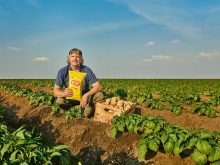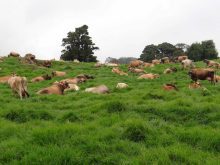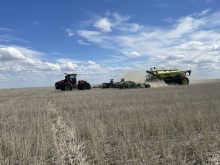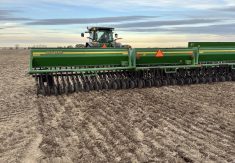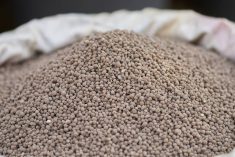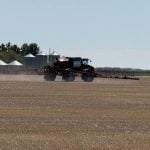Farmers are being offered cash incentives to lower greenhouse gas emissions while getting more bang for their fertilizer buck.
“The primary goal (of the project) is to help farmers use their fertilizer and other crop nutrients more efficiently to reduce their losses of nitrous oxide, which is a greenhouse gas,” said Clyde Graham, an official with the Canadian Fertilizer Institute.
“Farmers are good stewards of the land, so there’s a lot of interest in the potential to do a better job for the environment.”
Read Also
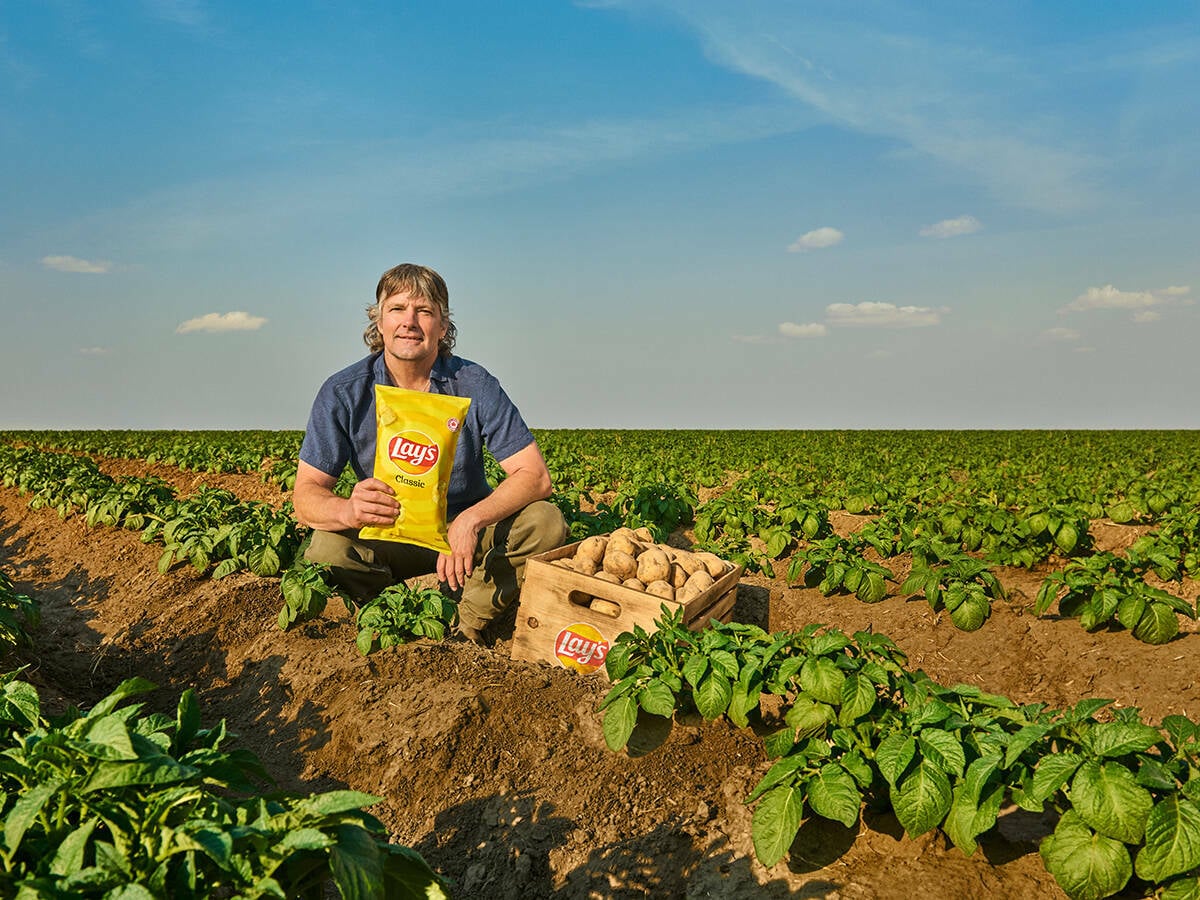
Alberta farmer invited to World Economic Forum
Southern Albertan farmer’s regenerative agricultural practices featured on panels at Davos where nations come together in partnership.
The institute recently obtained funding to support the second phase of its Farming 4R Land program, which promotes using the “right source of fertilizer at the right rate, the right time, and the right place.” The goal of this phase is to have enough acreage qualified under Alberta’s nitrous oxide emission reduction protocol by year’s end to offset 5,000 tonnes of carbon dioxide equivalents.
“We’re asking growers to take into account not only the economics of their operation but also society’s needs and also what’s good for the environment,” said Graham.
“We’re going to be more intensive in our agriculture, but at the same time we have to take care of the environment,” he said. “We think the 4Rs are the way to do that.”
The process also offers farmers a more immediate return, said Susan Wood-Bohm, executive director of greenhouse gas management at Alberta Innovates Bio Solutions, a partner in the project.
“They get an economic return instantly from the fact that they’re not needing to purchase quite as much fertilizer,” she said.
According to research conducted by the fertilizer institute, potential savings from more efficient fertilizer use can range up to over $80 an acre.
“Producers spend a lot of money on fertilizer every year, so using it more efficiently obviously has some economic gains,” said Graham.
More information can be found at www.farming4rfuture.ca.


